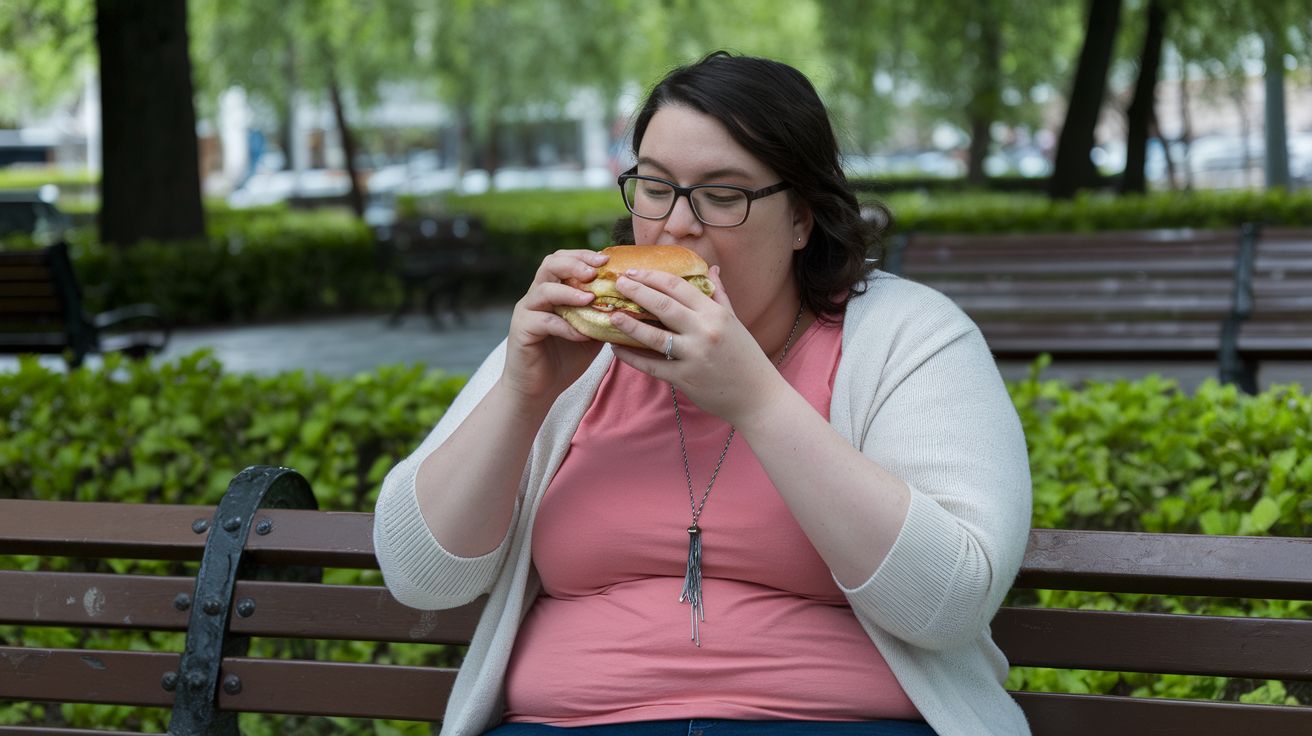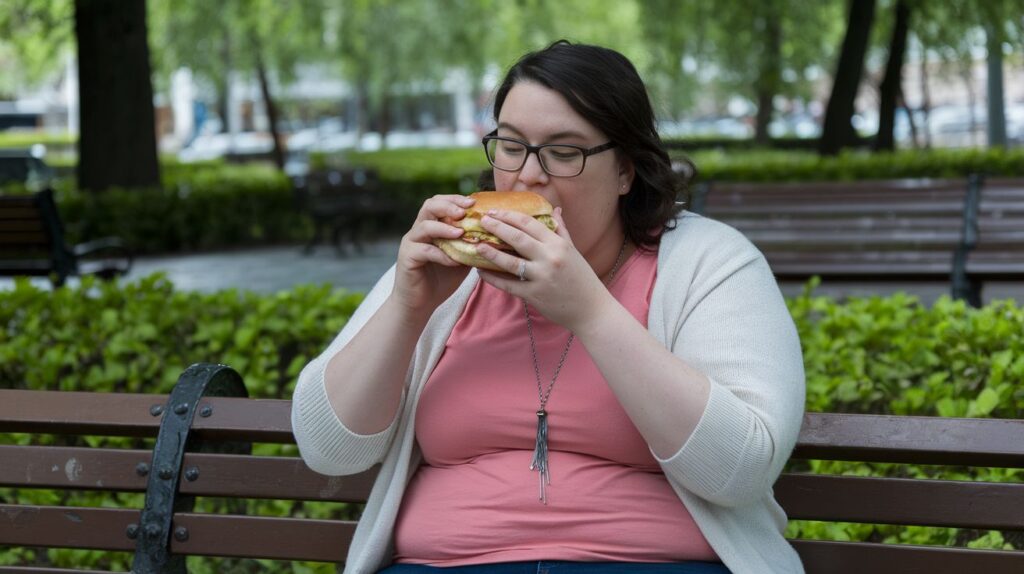There are recognized therapies for treating people with binge eating disorder, but the waiting times to see professionals offering them can range from 6 to 12 months.
People who do not want to wait that long to be treated for this eating disorder and those who have difficulty accessing these therapies could benefit from a new effective self-care intervention, demonstrates a study published in the Canadian Journal of Dietetic Practice and Research.

The team behind this study reports that this intervention reduces the frequency of binge eating episodes by more than 70%, while providing psychological benefits.
Catherine Bégin and Maxime Legendre, from the School of Psychology at Université Laval, and Geneviève Arbour and Marie-France Langlois, from the Université de Sherbrooke, demonstrated this by testing the intervention on 22 women who exhibited typical symptoms of binge eating disorder, also known as binge-eating disorder.
“This mental health disorder affects about 1.6% of women and 0.8% of men,” notes Catherine Bégin, professor at the School of Psychology and researcher at the Nutrition, Health, and Society Centre and the Institute of Nutrition and Functional Foods at Université Laval. “It manifests as recurrent and intense episodes of overeating accompanied by a feeling of loss of control over food. Unlike bulimia, binge eating disorder is not associated with compensatory behaviors like the use of laxatives, vomiting, or excessive exercise.”
This disorder is frequently associated with physical issues such as obesity and diabetes, as well as psychological problems like anxiety and depression, adds Professor Bégin. “People who suffer from it often feel a lot of embarrassment and shame about their eating behaviors, which contributes to their delay in seeking help.”
Monday, I’m not starting a new diet!
The intervention tested by the research team is inspired by the book and workbook Monday, I’m not starting a new diet! published by nutritionist Geneviève Arbour and social worker Judith Petitpas. These materials provide information on nutrition, binge eating disorder, and intuitive eating.
The women who participated in the study were required to read sections of the book, fill out a psychosocial journal and a food journal, and complete exercises and assignments related to the week’s content. An experienced eating disorder nutritionist provided weekly support to each participant through a twenty-minute phone call.
The research team evaluated the participants at the start of the intervention, in week 4, in week 8, and 12 weeks after the end of the intervention. The analyses showed that by the end of the 8-week intervention, the frequency of days with binge eating episodes had decreased by 70%, and the severity of depressive symptoms had decreased by 45%, going from mild to minimal. These improvements were still present 12 weeks after the intervention ended.
“Additionally, the participants imposed fewer dietary restrictions on themselves, and they were less concerned about food and their weight,” adds Professor Bégin. “Only one woman did not complete the 8-week intervention and 96% of participants reported being satisfied or very satisfied with the program.”
This self-treatment could therefore become a first level of care for binge eating disorder, the researcher suggests. “It could be offered by dietitians or psychosocial workers with some experience in eating disorders, which would reduce the barriers to care for people suffering from binge eating disorder. For some, this intervention might be sufficient. Those who respond less well could be referred to psychologists providing psychotherapy for eating disorders or to specialized centers for eating disorder treatment.”

